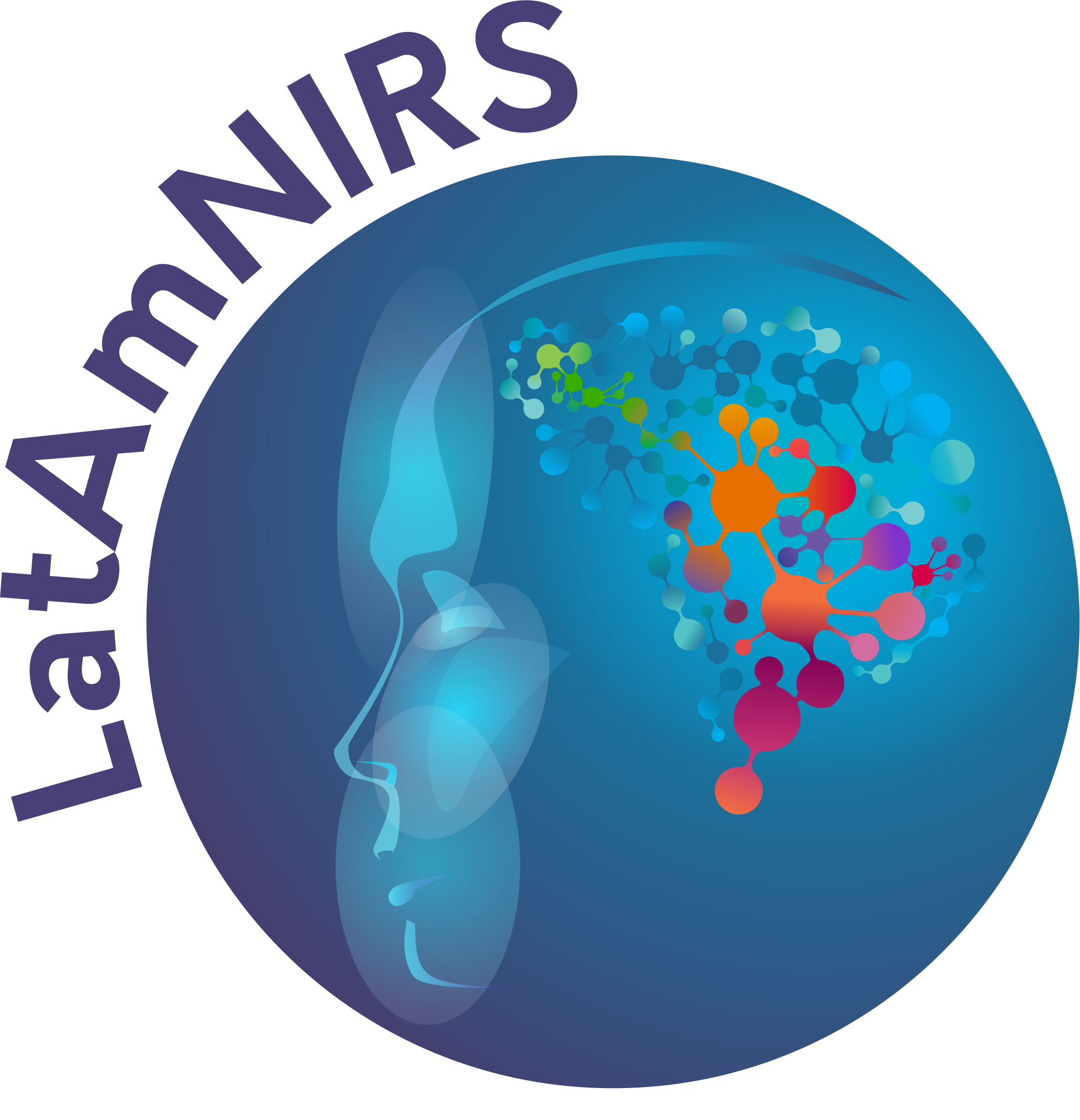Principal component analysis
Definition: Principal component analysis is a vector space transform that operates by transforming a set of correlated variables into a new set of uncorrelated and orthogonal variables called the principal components. The principal components are ordered in terms of the variance they explain. That is, the first principal component represents, for a single dimension (i.e., a single variable), the greatest amount of variability in the original data set. Each subsequent orthogonal component accounts for as much of the remaining variability as possible subject to the required orthogonality. A common use for PCA is dimensionality reduction and/or filtering whereby subsequent to PCA, some of the components in the new coordinate bases are sacrificed. In fNIRS analysis, PCA has been applied to address operations both during processing and analysis, e.g. for motion artifact correction, assuming that the greatest variance in the signal is explained by artifacts.
Alternative definition:
Synonym:
References: https://doi.org/10.1201/9780203024058
Related terms: Motion Artifact Correction, Preprocessing, Factor Analysis, Noise
